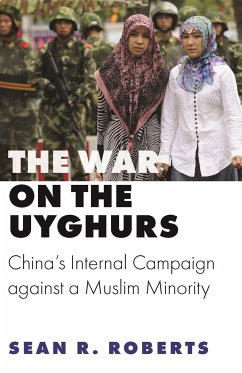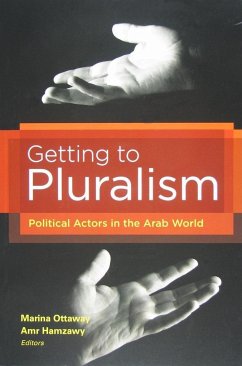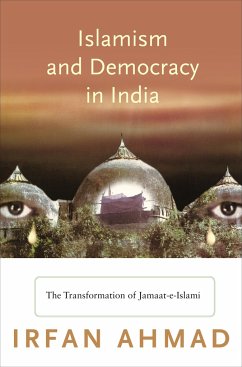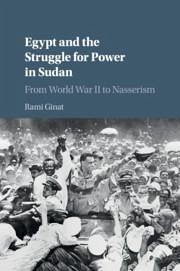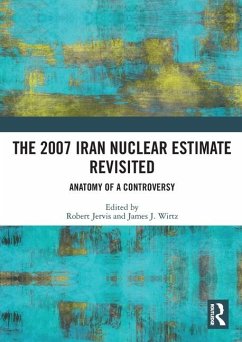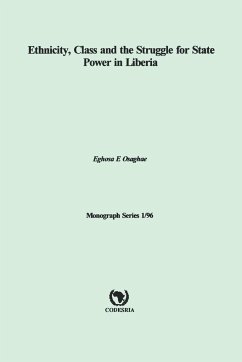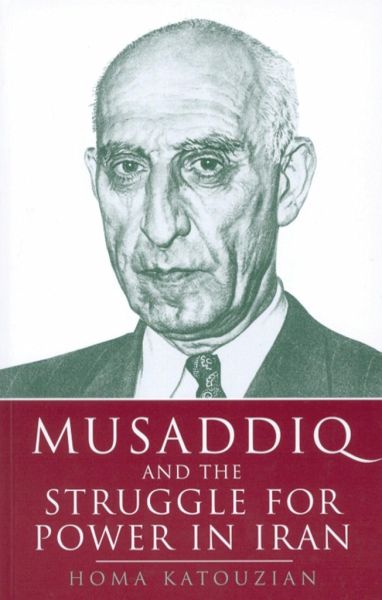
Musaddiq and the Struggle for Power in Iran
Versandkostenfrei!
Nicht lieferbar
Muhammad Musaddiq was the first of the great charismatic anti-colonial campaigners of the post-war world. As Prime Minister of Iran between 1951 and 1953 he nationalised the Anglo-Iranian Oil Company, led the nation's defiant attempt to run its oil industry independently during an economic blockade and attempted to run its oil industry independently during an economic blockade and attempted to strengthen the role of parliament in Iran.






